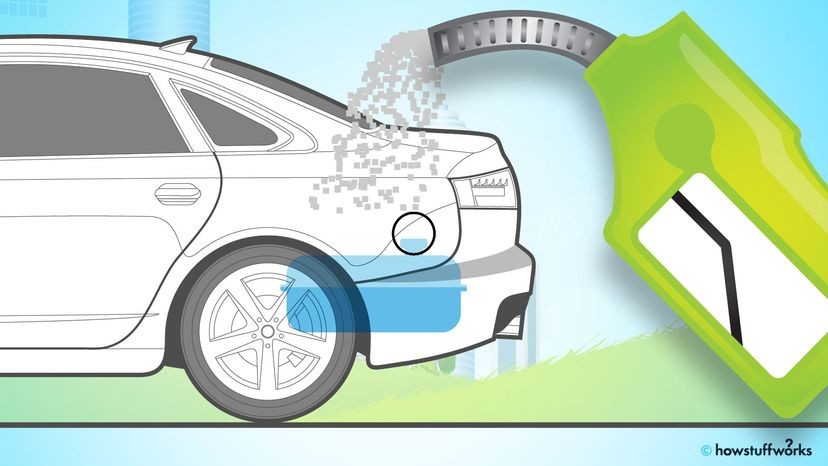Putting sugar in a gas tank is a classic act of automotive sabotage, often portrayed in movies and television. But does this sugary revenge tactic actually work? The short answer is: not as dramatically as you might think.
The Sugar in Gas Tank Myth
The myth claims that sugar poured into a gas tank will dissolve into the gasoline, turning it into a thick, sticky sludge. This goop supposedly clogs the fuel lines, filter, and engine components, effectively crippling the car. However, the reality is far less exciting.
Why Sugar Doesn’t Dissolve in Gasoline
The fundamental flaw in the sugar-as-car-killer myth lies in basic chemistry. Sugar is a polar molecule, meaning it has a positive and negative end. Gasoline, on the other hand, is nonpolar. Like oil and water, these two substances don’t mix. Instead of dissolving, the sugar granules will mostly settle at the bottom of the tank.
The Role of the Fuel Filter
Modern cars have a fuel filter designed to trap impurities and debris in the gasoline before they reach the engine. This filter will catch most, if not all, of the sugar granules, preventing them from causing significant damage.
Minor Annoyances, Not Catastrophic Damage
While sugar won’t destroy an engine, it can still cause some minor problems. A large amount of sugar could potentially clog the fuel filter prematurely, requiring replacement. Some undissolved sugar might also get sucked into the fuel pump, leading to temporary performance issues. However, these problems are relatively easy and inexpensive to fix compared to a seized engine. Cleaning the gas tank and replacing the fuel filter will usually solve the issue.
What Really Damages an Engine?
Water in the fuel tank is a much more serious threat to an engine than sugar. Water, unlike sugar, can sometimes make its way past the fuel filter and into the combustion chamber. Since water doesn’t burn, it can disrupt the combustion process, leading to engine misfires and potentially serious damage.
Conclusion: Sugar is a Nuisance, Not a Destroyer
The myth of sugar in the gas tank persists, but science debunks it. While pouring sugar into a gas tank is certainly not recommended and could lead to some minor inconveniences and repair costs, it won’t cause the catastrophic engine failure often depicted. The car will likely require a fuel tank cleaning and a new fuel filter, but the engine itself should remain unscathed.


